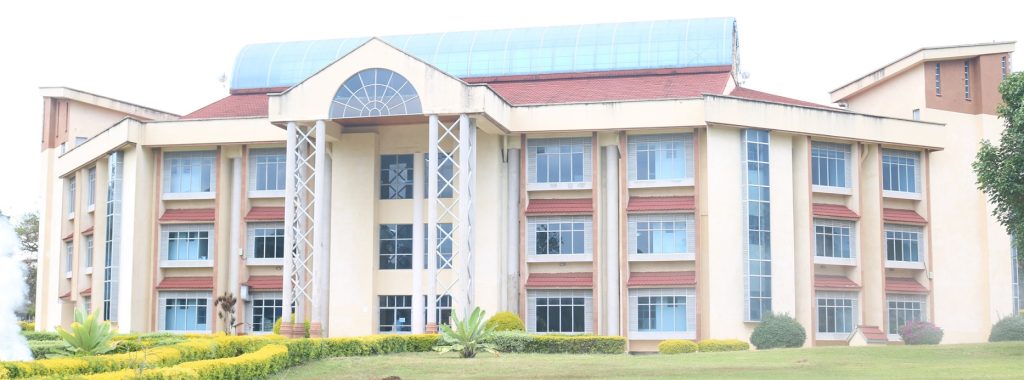The Public Investment Committee on Education and Governance, chaired by Bumula MP Jack Wamboka, has criticized universities and colleges for failing to comply with the National Cohesion and Integration Commission (NCIC) policy, which requires that no ethnic group should constitute more than a third of an institution’s workforce.
The committee raised concerns over ethnic bias in the recruitment of teaching and non-teaching staff, as well as the appointment of vice chancellors, principals, and university council members.
Lawmakers observed that in many cases, institutions dominated by one ethnic group often had a leadership structure reflecting the same trend, particularly when the head of the institution hailed from the local community.
At Sigalagala National Polytechnic, an audit revealed that out of 271 employees, 209—representing 77%—were from the dominant ethnic community in the county, violating the one-third rule.
Principal Evans Bosire defended the figures, stating, “The ethnic representation for workers at Sigalagala is historical, as most of them were recruited when the institution was still a vocational training center, drawing staff from the local community. Some of them were later absorbed into permanent positions, hence the current demographics. However, any vacancy today is advertised widely and attracts applicants from all tribes.”
Similarly, at Masinde Muliro University of Science and Technology, out of 972 employees on permanent and pensionable terms, 654—or 67%—were from a single ethnic group. This contravenes Section 7(2) of the National Cohesion and Integration Act, 2008. The university’s Vice Chancellor, Solomon Shibairo, assured the committee that efforts were underway to address the imbalance.
“Diversity has been achieved in top management, and this will continue in other segments of the university. It is worth noting that the lower cadre of staff were employed before the enactment of this law. We are doing everything possible to ensure that future replacements reflect the diversity of our country,” he said.
Kisiwa Technical Training Institute was also flagged for having 156 out of 170 employees—92%—from a single ethnic community. Principal Emmanuel Wamalwa acknowledged the issue, stating, “This came as a result of the institute inheriting the majority of its staff from Kisiwa Youth Polytechnic. However, the management is making every effort to comply with the law by advertising vacant posts in widely read newspapers and on the institute’s website to attract applicants from all over the country.”
Alupe University was found to have 38% of its 97 employees from a single ethnic group. Management attributed this to historical factors, as many employees were seconded from Moi University when Alupe was still a university college.
Vice Chancellor Peter Barasa noted: “The 2017 employment advert did not attract candidates from diverse backgrounds. However, the management has since conducted affirmative advertising to encourage more Kenyans from different communities to apply for positions.”
The committee emphasized that public institutions must uphold the law by ensuring fair ethnic representation in recruitment to promote national cohesion.
Email your news TIPS to Editor@Kahawatungu.com — this is our only official communication channel


